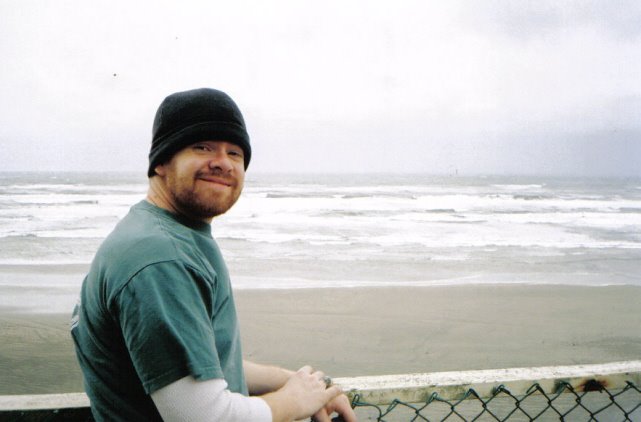Keep Your Enemies Closer.
The idea that you can trust your closest advisors is both an old and new idea. Trust is formed over time and patiently molded after events specify the comings and goings of certain individuals. Such is the manner of thinking in many professional arenas. In politics, social circles or clubs, and our places of employment, there are those who care more deeply for making the moves and telling the tales they think best to move into positions of authority. The consequences for engaging in such activity may be easy to understand, but to gain the understanding as to why this is viewed as important may not be so clear. Such is true in the surgical environment.
Obviously there are many more people involved than just the surgeons, nurses and scrubs. However, by starting to look at the motivations of these three professionals in general can provide a base for how convoluted a procedure can become when egos flare.Surgeons have families to support, clinic patients to see for pre-operative screenings, consultations from other physicians to complete, insurance forms to fill out for payment needs, employees (like secretaries, nurses and physician assistants) to consider and pay. Typically a surgeon will schedule two to three days a week where they will spend the entire day in the operating room after a brief run through the clinic to give instructions to a colleague who will spend their day seeing the patients that arrive there during the day. The operating surgeon is as good as out of touch, yet we have telephones, cell phones, pagers and other modern communication devices now don't we? So the surgeon is never truly out of touch when trouble or questions arise. During a procedure the surgeon can be interrupted on a regular basis by the beep of a pager or the ringing of a LAN or cell phone.
Distractions during a case are one of the fastest ways to send the surgeon's attention away from the patient's needs and place that focus onto less vital thoughts. Given the importance of the activities in the operating room and the lack of time, surgeons will find ways to get past the distraction in as efficient a way as possible. Unfortunately, one of the fastest ways known to get past a difficult situation has been known by psychologists for decades, and is utilized by many in business, political and medical fields with unfortunate results: Blame someone in the room for causing the distraction.
This isn't a fair act, and there's no logical meaning behind it. What's most important about the surgeon's blame-game is that the response to the assigning of blame is directly related and the outcome, which is typically the same every time. Those that take the blame personally become afraid to work with that surgeon and cause further trouble in future cases. Their concern for avoiding the surgeon's wrath becomes the overriding concern, instead of getting the patient's procedure completed. The O.R. personnel that take the berating at face-value, and concentrate on the reasons for the flare up, they will become motivated to correct the cause and prevent a repetition of such distractions. The Japanese have a saying that fits this idea perfectly: “Fix the problem, not the blame”.
After all, time spent in the operating room means a lot more than just spending it all on getting the procedure performed correctly so the patient is safe and healthy. Managing the time in an O.R. is the organization of a living patient’s safety, the lives of that one person and all those in the room, the next patient’s need after this procedure is completed, preparation for all the cases in the day, trauma cases that can arise at anytime and for any reason, while considering the personal and familial needs of the workers and patients alike. Surgery is an arena of consequence will of players with egos so large, you could detect them on radar.







<< Home